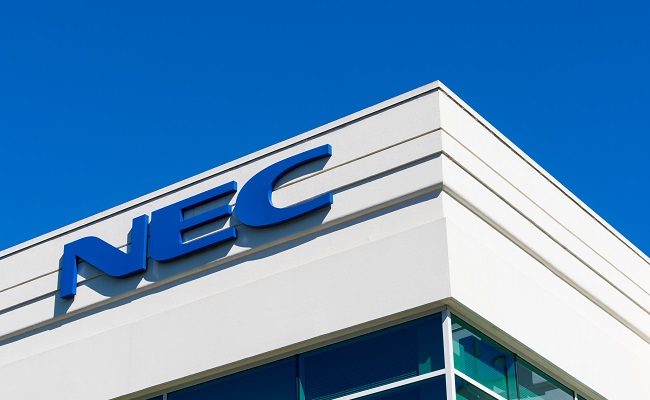INTERVIEW: NEC CTO Motoo Nishihara argued technology is evolving so fast guidelines and regulations cannot keep up with the pace of change, requiring governments to start making use of AI to speed up time-consuming processes.
He told Mobile World Live such a move is necessary for industries to make full use of the rapidly emerging capabilities of AI.
The suggestion echoes a plan unveiled last week by UAE to use AI to help write legislation, a step The Economist called a “gigantic leap of faith”.
Nishihara, who also is president of the company’s Global Innovation Business unit, stated network functionality needs to evolve and become more sophisticated, enabled by AI taking a key role in defining new protocols and standardisation.
A year ago, NEC expanded its generative AI (genAI) offering with the launch of the cotomi Pro and cotomi Light, which it claimed were high-speed LLMs featuring updated training data and architectures.
Working across various sectors in Japan, including telecoms, financial, transport, security, retail and government, Nishihara expects its agentic AI offering will be customised to in each industry to reduce costs and increase productivity in six months to a year.
Network automation
He added using AI to support the construction of new networks is a major focus and part of its modernisation and optimisation initiatives, which aim to reduce the heavy burden on operators in deploying and testing mobile networks, which is labour intensive.
“Virtualisation is the key to make that happen.”
In February, NEC unveiled a system which uses AI to analyse the processes required to deploy mobile infrastructure, targeting reducing the time to install everything from the RAN to the core by up to 60 per cent compared with conventional methods.
The company is currently conducting field trials with an operator in Japan to test the viritualised platform, acknowledging it will take time to reach ambitious targets. Using mainly open-source software, he said the orchestration platform can reduce labour requirements, shorten construction time and improve quality.
He gave the example of the system improving planning by speeding up the selection of hosting buildings for new sites based on base station specification data and data centre information.
The company believes it is necessary to shift from individual optimisation of various components to a holistic process, with data and automation logic centrally managed.
Th CTO believes AI technology will evolve from being merely a tool to become a partner and then an actual economic actor. “Every sector is looking to transform its operations.”
He spoke on the topic at MWC Barcelona 2025.
Dynamic shift
Nishihara noted AI is transforming IT from static to dynamic, giving the example how its AI agent supports automated negotiations in managing supply chains. He added agentic AI can define the kind of transactions required as well as the protocols for interaction between AI and people.
The company’s proprietary AI technology can streamline routine negotiations and adjustments with suppliers, claiming the platform can automate 90 per cent of delivery negotiations. In addition, the time required to negotiate a traditional contract can be cut from two days to just 80 seconds.
In 2019, NEC set up the Automated Negotiation Supply Chain Management Consortium to foster collaboration in Japan.
“With our focus on solutions for society, NEC’s goal is to lead the advancement of the world’s social infrastructure by leveraging ICT and new business models,” he stated.
